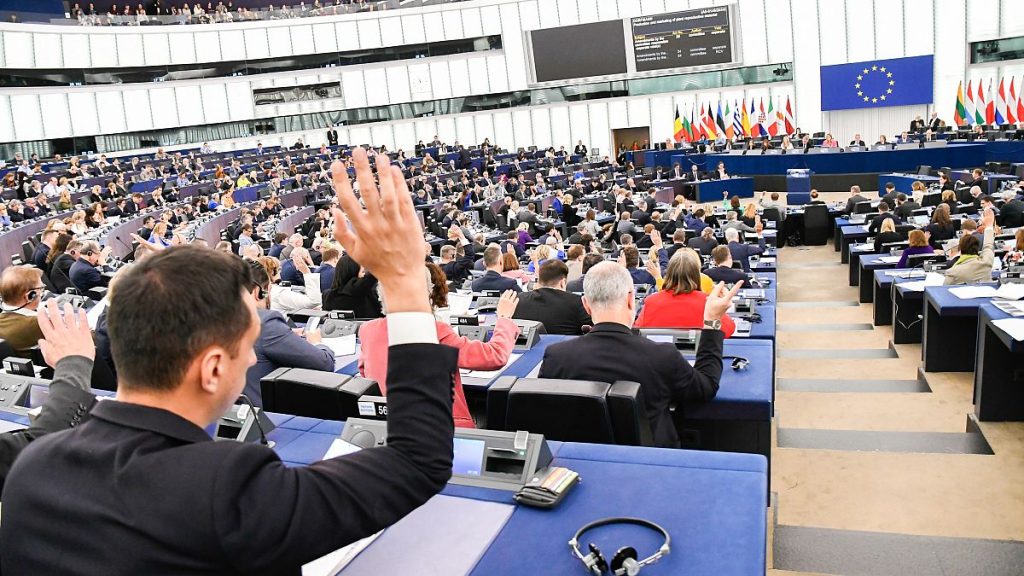The European People’s Party is beginning the process of forming political groups, sparking speculation about potential mergers and alliances among various parties. The formation of these groups is crucial to the functioning of the European Parliament, as they help build majorities and facilitate decision-making processes. In order to form a group, there must be at least 25 MEPs elected from at least seven member states who share the same political affinity. Non-attached MEPs have limited power and access to key positions within the Parliament, highlighting the importance of finding a group to join. Larger groups enjoy more speaking time, resources, and power-sharing opportunities, making them more influential in the Parliament’s work.
The size of a group can impact its influence in the European Parliament, with larger groups benefiting from more resources, speaking time, and opportunities for power-sharing. However, controlling a group can also yield benefits, as demonstrated by examples such as Italy’s Fratelli d’Italia in the European Conservatives and Reformists group. Established groups have a stronger institutional strength and are more reliable as coalition partners when it comes to voting for candidates to be the next Commission president. Traditional groups are better organized, more cohesive, and have experienced professionals who understand the rules of the game.
Party leaders must navigate the complexities of group formation, considering factors such as group size, control, and institutional strength. These leaders must also consider the political affinity criteria for forming a group, as well as the potential consequences of aligning with certain parties. While larger groups have more influence and resources, controlling a group can also provide opportunities for power and influence. Ultimately, the formation of political groups is essential for the functioning of the European Parliament and the decision-making processes within the institution.
In practice, established groups such as the European People’s Party and the Socialists and Democrats will continue to aim to accumulate more MEPs to increase their influence. The dynamics of group formation and alliances can impact the overall balance of power within the Parliament, affecting the decision-making process and the outcomes of important legislative files. As the constitution season begins for political groups in the European Parliament, party leaders will need to carefully navigate these considerations to ensure they have a strong position within the institution. By following the established rules and guidelines for group formation, party leaders can maximize their influence and effectiveness within the European Parliament.













